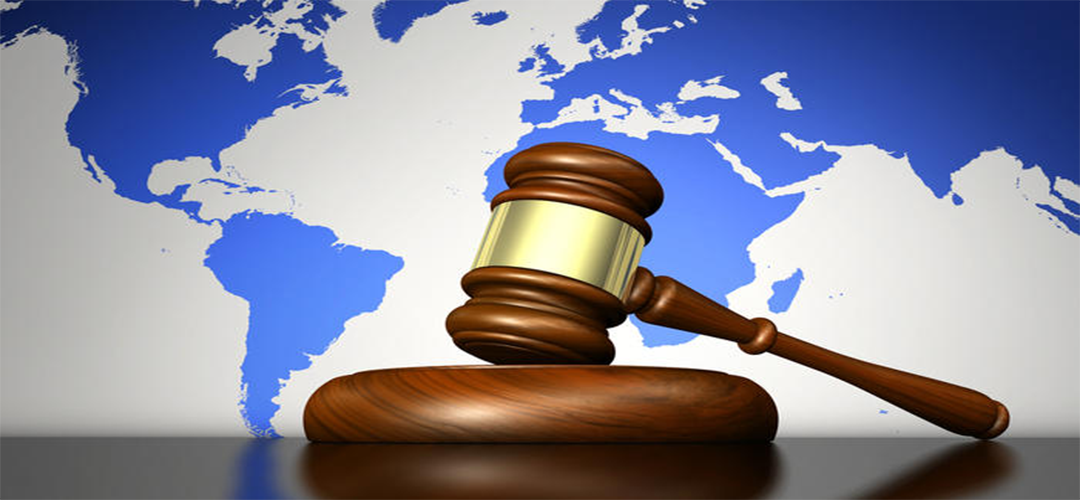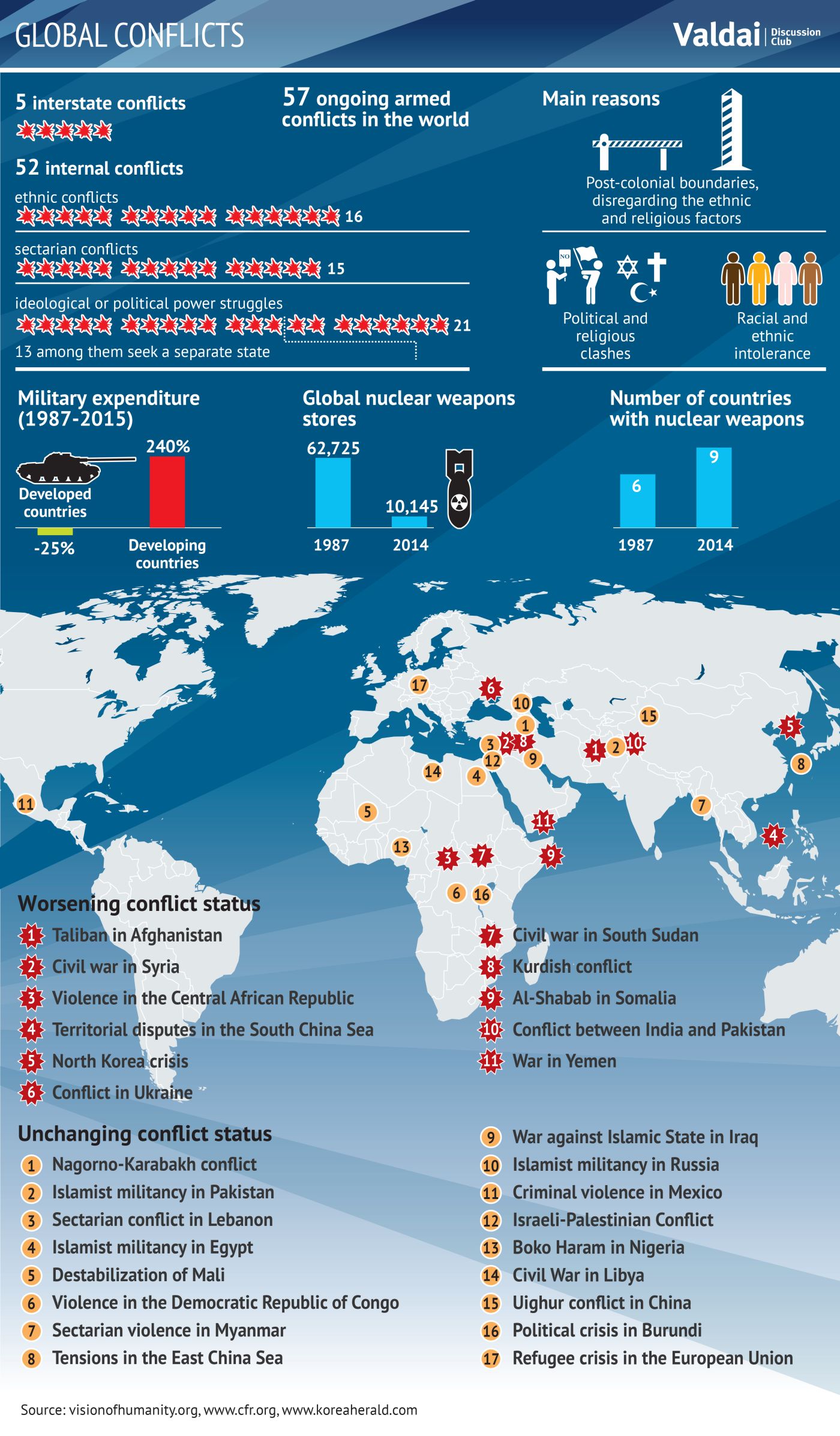'Each to His Own' to 'Each for All'
January 14, 2023 | Expert Insights

Two decades ago, Professor Hilary Charlesworth, now a judge at the International Court of Justice, described international law as “a discipline of crisis”. The Russian invasion of Ukraine has again highlighted the ‘crisis’ dimension of international law.
One of the fundamental principles of the post-World War II international order has been to explicitly outlaw war by adopting the United Nations Charter. Article 2 (4) of the Charter prohibits the threat or use of force and calls on all member states to respect the sovereignty, territorial integrity and political independence of other States.
While the UN Charter has so far prevented the world from being engulfed in yet another destructive global conflagration, it has not succeeded in outlawing inter-state armed aggression altogether.
Background
The end of the Cold War established unipolarity and multilateralism as a natural world order. This led to three decades of ‘relative harmony' among the major powers, during which the wider acceptance of notions of human rights, maintaining the rule of law through multilateral institutions, and independent international courts acting as referees gained ground.
However, even during this period, the North Atlantic Treaty Organization (NATO) bombed Kosovo, and the Western alliances invaded Iraq and Afghanistan in complete disregard to the UN Charter, apart from unilateral military aggression by the U.S. in tiny Granada and Panama. Interestingly, with Western nations controlling most multilateral institutions, many of the U.S.-led military adventures passed the muster of these organisations, while Russia has attracted a vociferous response.

Analysis
Going solely by current and past trends, it is easy to interpret the understanding of international order as it stands today. It is not an absolute, permanent, and concrete legal framework, but a nebulous, transitory, largely enforceable but not adhered-to code of conduct that nations can interpret and act on as per their own interests and convenience.
China views international law as another instrument to further the powers of the state. Obviously, this was not the intent when these international laws were formulated, the aim being to constrain the unbridled power of the state, not enhance it!
Many nations, including the U.S., China and Russia, ignore the sanctity of sovereign boundaries when it suits their national interests. Ukraine has demonstrated a unique point of view wherein Russia has indicated that the basis of international law is not universal but cultural and civilisational distinctness. The Russian perspective completely violates the UN Charter, to which it is a signatory. The charter distinguishes between truly sovereign countries and countries with nominal or limited sovereignty. Under the UN Charter, there is no doubt whatsoever about the sovereignty of Ukraine despite civilisational and cultural similarities with its neighbour Russia. As this clash between different visions of international law sharpens in 2023, it is projected to push the present international legal order into a deeper crisis.
At the same time, the rise of China has pushed the U.S. into a corner, wary as it is, to lose its primacy in global affairs. The U.S. appears to be fast backtracking on the neoliberal consensus of interdependence and non-discrimination in international economic law, something that the U.S. and its allies constructed over the last three decades. The recent adoption of the Inflation Reduction Act in the U.S., which aims to transition to clean energy by providing massive industrial subsidies to domestic American companies at the cost of imports and foreign companies, is a case in point. Likewise, the U.S. has vehemently rejected the recent World Trade Organization (WTO) panel reports that held the U.S.'s protectionist industrial policies masquerading as national security objectives illegal. The U.S. has also strangled the WTO's effective dispute settlement mechanism by relentlessly blocking the appointment of the Appellate Body members.
Even though extreme right-wing leaders like Mr Trump and Mr Bolsonaro have been voted out of office, they have a large enough constituency that promotes an extreme populist and ethnic-nationalist approach to international law. Other countries, like Hungary, Turkey, Poland, and Israel, refer to it as a foreign law that is inimical to their national interests. International law, in the populist thought process, is nothing more than a law of coordination. These countries wish to use international law not for international cooperation to develop and espouse common global values but only to ensure an unscrupulous relationship among countries with common ideational and ideological moorings while excluding and browbeating the others.
Given that most of the problems facing the world today- climate change, supply chain bottlenecks, food security, pandemics, and recession- cannot be solved locally, but through an international collaboration involving all stakeholders, the need for a revitalised and vibrant international framework of legal obligations was never felt more.
Assessment
- Nation-state law was never going to resolve inter-state problems, which was why post World War 2, international laws were crafted with a degree of global unanimity. These should be consensually developed and strengthened to prevent nationalism, populism, protectionism and securitisation from trumping international law.
- Today international law faces a new ground reality — the dwindling of the 'liberal' powers and the rise of 'autocratic' and 'expansionist' powers. Even the 'liberal' west seems to be retreating from its earlier commitments to a stable international order based on multilateralism.
- To overcome the fragmentation and dualism seen between individual national interests and the global order, a future-oriented towards harmonisation between both domestic laws and international laws should be invested in and envisioned by world leaders, as well as promoted through global platforms.








Comments